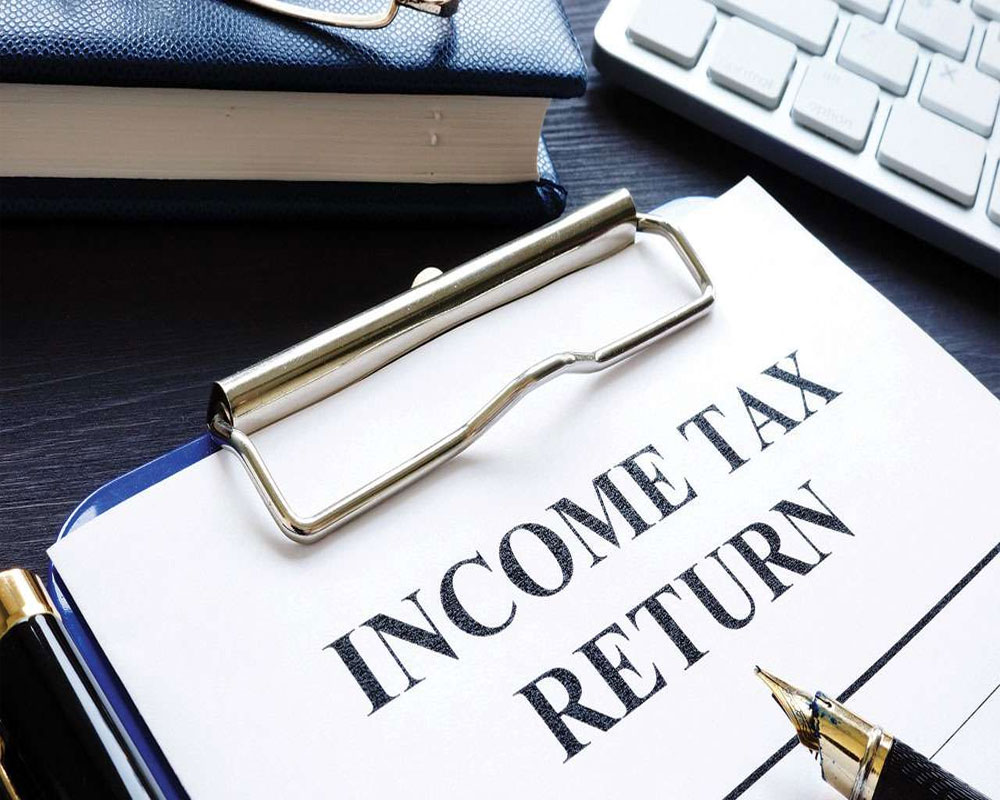By filing tax returns you provide tax authorities with details of your income, income tax paid, income tax dues and refunds in a prescribed format known as the ITR form. Of course many tend to dread this annual exercise primarily because they are woefully unprepared as they have not laid the groundwork. With the 31st July deadline of filing taxes not too far away now, this is perhaps the best time to review the do-s and don’t-s for income tax e-filing in assessment year (AY) 2019-20.
Do ensure that you File ITR
Obviously e-filing income tax return is important even though having a valid PAN (permanent account number) card does not necessary make ITR filing compulsory. You are of course mandatorily required to file returns in the following cases:
- Your annual income exceeds the Rs. 2.5 lakh exemption limit
You are claiming an income refund
- Your employee has deducted TDS on your salary
The above instances are only a few of the common reasons for mandatory filing of ITR and with the availability of online services, income tax e-filing only makes it easier for you to complete this process easily. Also do keep in mind that not filing tax returns is the easiest way to get an income tax notice and even a hefty fine.
Don’t use the wrong ITR Form
The ITR form is the prescribed format which the Income Tax Department provides to tax filers. Every year, a few tweaks are announced and each form is unique to select categories of tax payers. For AY 2019-20, 7 separate ITR forms have been announced by tax authorities of which ITR Form 1, ITR Form 2, ITR Form 3 and ITR Form 4 are to be used by individuals and HUF (as applicable). The remaining forms - ITR Form 5, ITR Form 6 and ITR Form 7 are to be used by firms, companies and other artificial judicial persons such as BOI (body of individuals), AOP (association of persons), etc.
Do File Returns before Due Date
Couple of years back in Budget 2017, a new section 234F was inserted into the Income Tax Act, 1961. This section which is still in effect as of AY 2019-20 specifies the penalties for late filing of income tax. Under the existing rules, in case you do not file your taxes on time in AY 2018-19, you are liable to pay a fine of at least Rs. 1000 and at most Rs. 10,000 depending on the date of delayed filing and the annual income of the tax assessee. Even more importantly, in case you have outstanding tax dues at the time of late ITR filing, you may have to pay penal interest on the due income tax amount which will further add to your tax burden.
Don’t Misreport Your Income
Misreporting income does not always mean concealing income wilfully. Sometimes, genuine mistakes happen with respect to reporting income such as forgetting to mention details of income from other sources such as freelancing, agricultural income, etc in the ITR. These mistakes can be expensive when one considers the hefty fines that are liable to be enforced by the tax authorities when you get caught. So make sure you maintain proper records of all exempt and non-exempt income so that they can be reported accurately at the time of e-filing income tax return.
Do Report all Capital Gains Correctly
Capital gains typically refer to profits that a tax assessee has obtained during the applicable assessment year through sale of a capital asset. Examples of capital assets include house property, listed/unlisted shares, mutual fund investments, etc. The rate of capital gains tax differs from one asset to another and also on the basis of the holding period of the capital asset in question (long term or short term holding). Moreover, no TDS is deducted in case of capital gains thus the tax assessee needs to compute the applicable capital gains tax and pay it to the government. This can only be possible if you report your capital gains correctly for purposes of taxation.
Don’t Forget to Verify ITR
Verification of ITR is the mandatory final step when e-filing income tax returns. As per existing income tax e-filing rules, verification of ITR needs to be completed within 120 days of submission of completed income tax returns. The traditional method of sending a signed physical copy of ITR-V to Central Processing Centre (CPC), Bengaluru is still available, but you can also opt to e-verify ITR. ITR e-verification is a completely online process and allows you to complete the process any time of day using –Aadhaar OTP or EVC (electronic verification code) generated using internet banking/bank account/ATM/demat account, etc. The process of ITR e-verification can be completed in minutes, which makes it a much better alternative to the physical ITR-V submission via post.


























